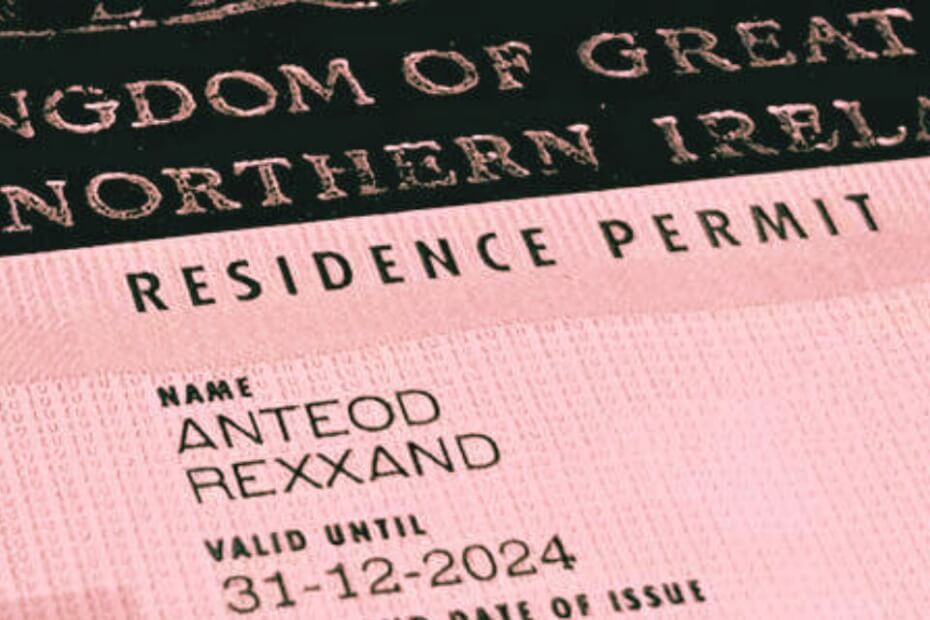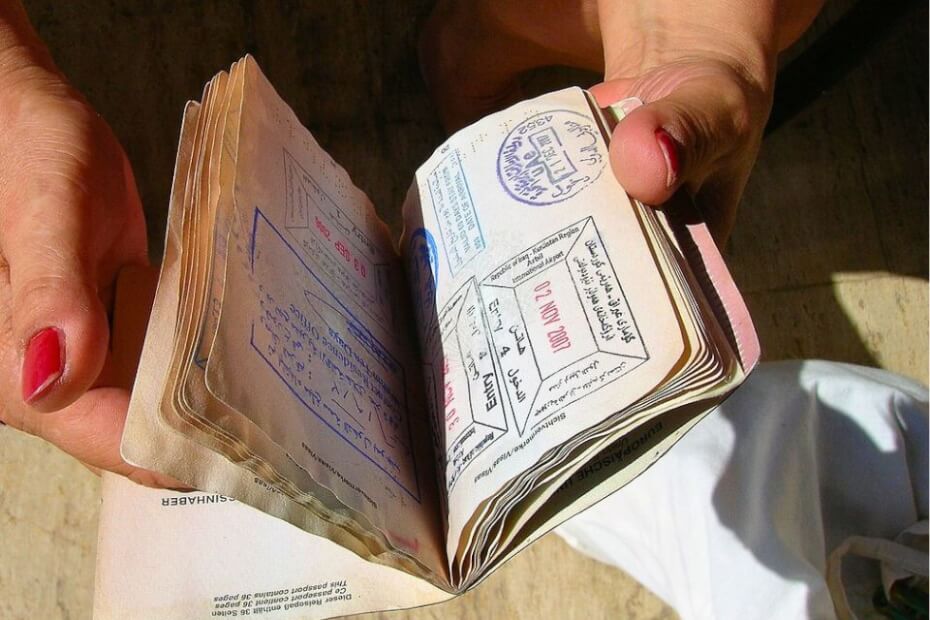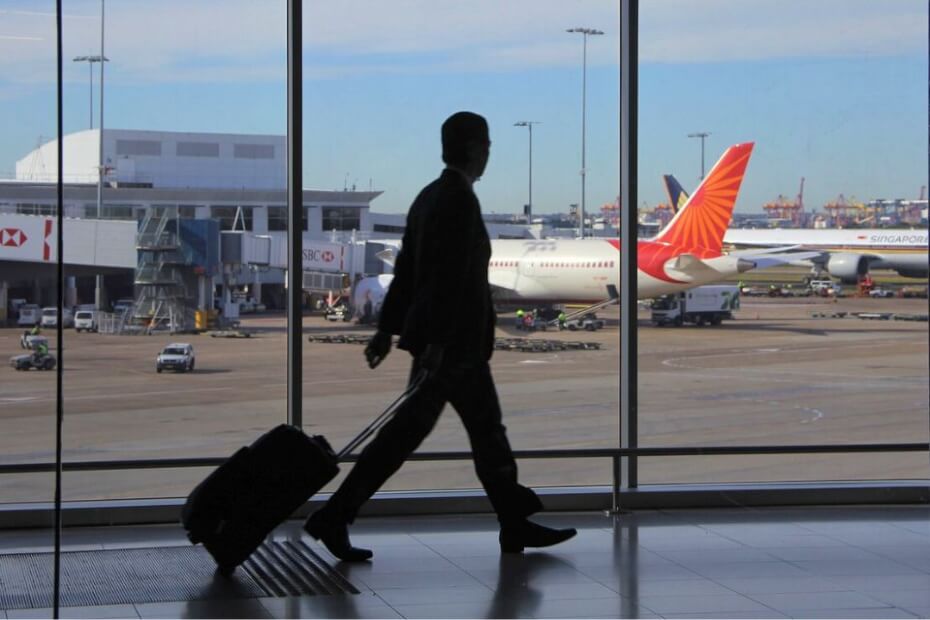
The United Kingdom (UK) government announced it would provide £4 billion in funding to help those with physical immigration documents to switch to eVisas.
This funding will support charities and community groups assisting individuals struggling with the UK’s new digital immigration system.
Four key organizations—Migrant Help, Citizens Advice Scotland, the Welsh Refugee Council, and Advice NI—will lead the effort.
Dozens of community-based organizations spread across the UK will join, offering support in the coming weeks.
These groups will help people create their UK Visas and Immigration (UKVI) accounts and access their eVisas for free.
This is especially important for vulnerable groups who might not have internet access or be struggling with technology and online systems.
These vulnerable groups include older adults, people with disabilities, or those who don’t speak English fluently.
UK Minister for Migration and Citizenship, Seema Malhotra, urged everyone with physical documents to take action now.
“I want to reassure those who need it that free advice and support is available,” she added.
The eVisa transition affects those with physical immigration documents, such as biometric permits or cards, wet ink stamps, and visa vignettes in passports.
With the deadline fast approaching on 31 December 2024, the UK government is urging all visa holders to make the transition now.
Anyone who doesn’t make the transition may face issues proving their immigration status in the future.
A digital transition for all
The UK’s switch to eVisas is part of its broader strategy to transition to a fully digital immigration system by 2025.
Traditional physical documents such as biometric residence permits (BRPs), wet ink stamps, and vignette stickers will be obsolete.
These will be replaced with a more secure digital alternative, an eVisa or immigration status stored and accessible online.
The new eVisa system will enhance security by reducing the risk of losing or tampering with immigration documents.
The online platform will make it more convenient for people to prove their immigration status online instantly.
Additionally, with eVisas, individuals can easily update and renew their immigration status online.
“Switching to an eVisa is free and straightforward, offering greater customer convenience,” Malhotra said.
It also offers “significant cost savings and enhanced security for the UK’s border and immigration system,” she added.
Those who still rely on physical immigration documents must make a UKVI account now to avoid issues with proving their status in the future.
Those who do not switch in time may face difficulties accessing essential services such as healthcare, housing, and employment.
Airlines and other carriers will also require digital proof of immigration status from 2025 onwards.
Their UKVI accounts and eVisas should be linked with their passports to streamline border checks and international travel.
Concerns about the switch to eVisa’s rushed deadline

The government will launch an advertising campaign this fall to remind people of the eVisa deadline.
Many have expressed concerns that the deadline seems rushed, with only less than four months left.
They fear millions of individuals might fail to shift to eVisas, leading to a repeat of the Windrush Scandal.
The Windrush Scandal, exposed in 2017, affected Caribbean immigrants who came to the UK between 1948 and 1973.
As British subjects, they were wrongly treated as illegal immigrants despite having the right to live and work in the UK indefinitely.
The ‘Windrush’ generation was subjected to unjust detention or deportation and denial of rights due to insufficient documentation.
However, the Home Office has stressed that they are committed to ensuring this will not happen again.
It vowed that the transition to digital documents will be as smooth as possible.
How to switch to an eVisa
Switching to an eVisa does not affect an individual’s permission or immigration status in the UK.
Everyone with biometric residence permits (BRPs) must create a UKVI account on the Home Office online platform.
Creating an eVisa account is free, and resources are available online to help people step by step.
Those without internet access can get help from community groups or visit public spaces like libraries for assistance.
For those unsure if they already have an account, the government advises checking the UKVI website.
They can also refer to their original visa approval letter or email to confirm if they already have an account.
Those with wet ink stamps or visa vignettes must apply for a no-time limit (NTL) to confirm their status and get a BRP.
Once they have a BRP, they can create a UKVI account later this year and access their eVisa.
Biometric residence cards (BRCs), also known as “UK Residence Cards” or “European Economic Area (EEA) Biometric Residence Cards,” are no longer valid after Brexit.
Those with BRCs must apply for new permission under the European Union Settlement Scheme (EUSS).
The EUSS allows EU, Iceland, Liechtenstein, Norway, and Switzerland citizens and their families to stay in the UK post-Brexit.
Individuals with BRCs who have been granted settled or pre-settled status under the EUSS already have eVisas.
The future of travel to the UK

Apart from EUSS status holders, the eVisa system has also been introduced to long-stay visa and other biometric visa applicants.
They are now required to create a UKVI account to receive their visa.
Beginning in January 2025, visitors to the UK who do not need a visa will be required to obtain an Electronic Travel Authorization (ETA).
These new digital systems and processes aim to enhance and improve UK border security.
As the deadline draws nearer, anyone still using a physical immigration document should take action to switch to an eVisa.
Community organizations are ready to help those who need assistance. Find their contact numbers here.
The government’s website provides detailed instructions on how to make the switch. For more information, visit gov.uk/eVisa.

